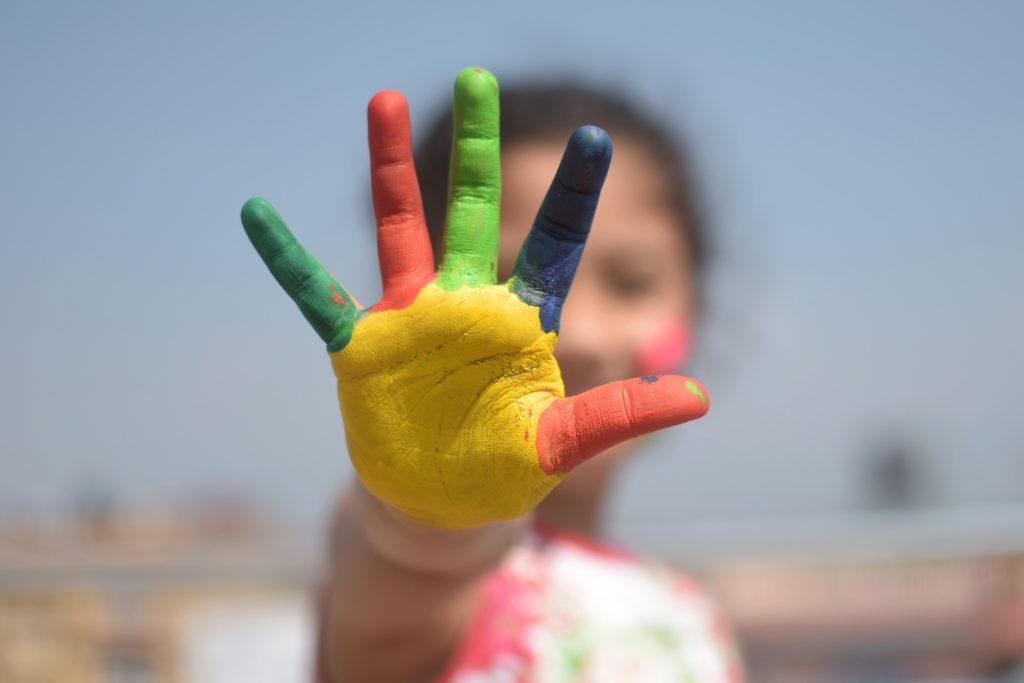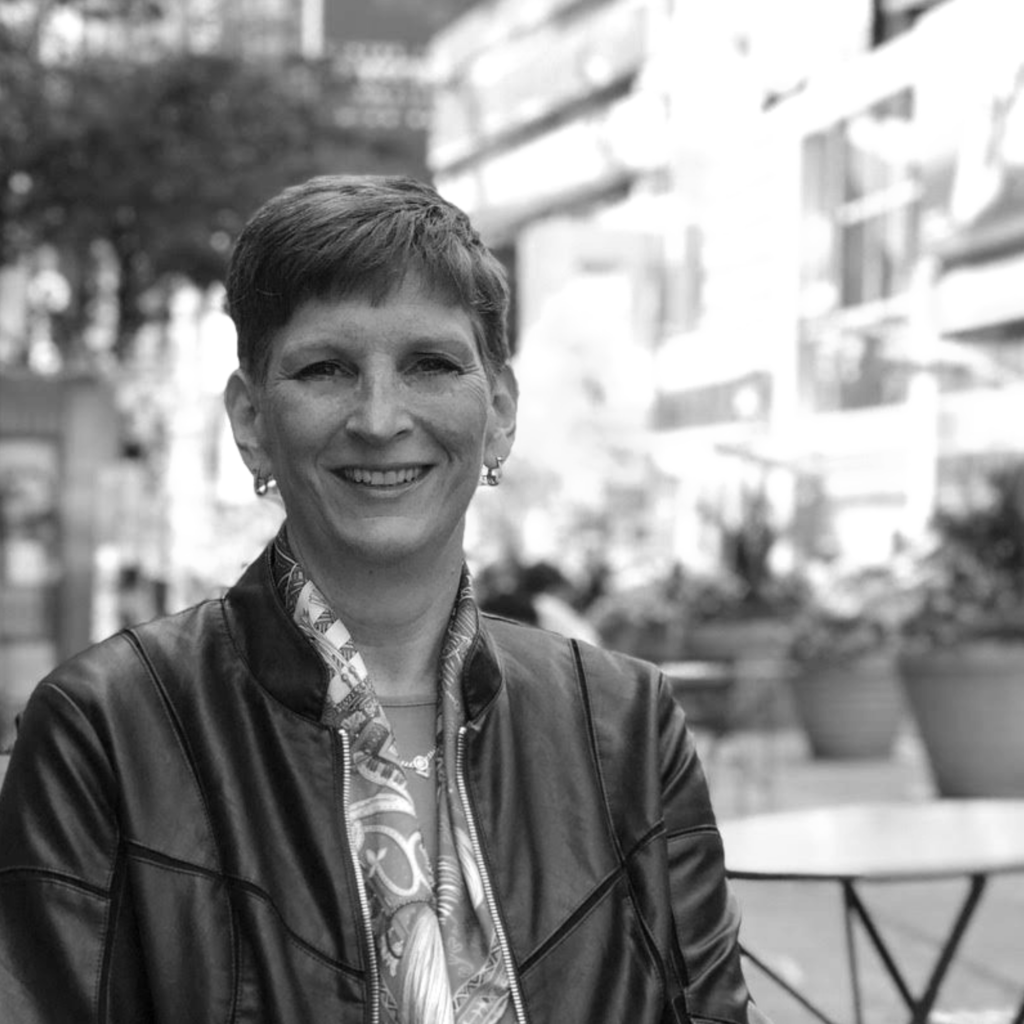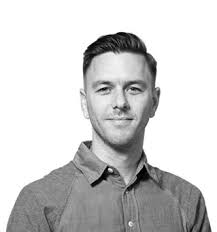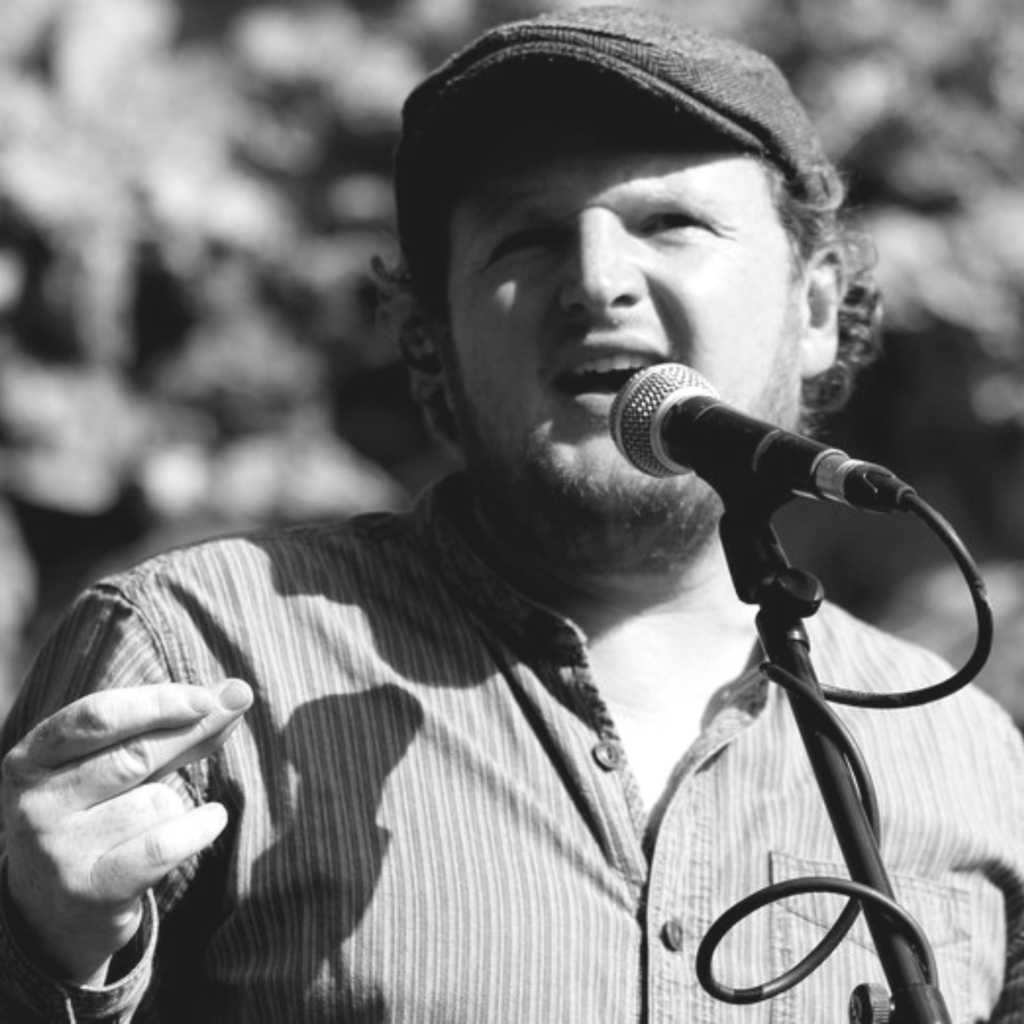
It’s the end of series 1 of Adventures in Behaviour Change: the Little Challenges podcast and I’m taking a little time out to reflect on all the wonderful conversations there have been so far.
At the end of each episode, I invite our guest for the day to suggest their own Little Challenge that people can try for themselves. There have been all sorts of different ideas of tiny, practical things that can help to make life just a little bit easier, happier or more meaningful.
Here are the first 5 Little Challenges our guests shared:

Use a guided meditation app such as Insight Timer to help you meditate for just a few minutes a day.
“When I first started a mindfulness practice a little over five years ago, I had read a book and it was suggested 10 or 20 minutes a day and I thought to myself, “That’s just way too long – I can’t sit that long!” And so the way I approached it was I said to myself, “What is the smallest amount of time where at the end of the day, I can’t say to myself, I was too busy, I didn’t have time for that even though it’s really important to me?” And so I came up with two minutes. And so for two and a half years I meditated for two minutes every single day. Now I meditate a minimum of 10 minutes a day, but even the two minutes a day for those two and a half years, really had an impact on my ability to react to stress differently, because it gives you that skill to just pause instead of be very reactive.”

Choose a task or an activity you’ve been meaning to do but putting off. Now ask:
- Is there a barrier that’s stopping me from doing it? If so, what is it?
- How can I adjust my routine or environment to make it easier to do it?
- How can I remind myself to do it when it’s the right time, right place?
- How can I make a public commitment to doing it?
“I think everybody will have something that they have been wanting to do but haven’t quite got there yet. A ‘Little Challenge’ could be recognising that thing and first working out, “Is there a barrier, or is there friction to me doing that thing?” And, if there is, then looking at ways to get rid of that barrier or reduce that friction. Then thinking about, “How could I make it more obvious for myself to to do this thing?” It might be if you’re taking some pills and you keep forgetting, you know, “Where can I put them so I’m not going to miss them?” Thirdly, thinking about the right time, right place. So actually I may be thinking about this behaviour quite consciously now because I’m doing the ‘Little Challenge’, but when it comes to actually doing it, I may not be, so what is the perfect time and place to nudge myself to do this behaviour? And then finally, the commitment piece, so, “Can I find a way to externalise my commitment to myself to do this thing? Can I physically write something down, sign something, could I make that public in some way? Could I tell somebody, put on a website? Can I write about in my blog?” And so, so maybe just thinking about whatever it is that you’re not doing and try to follow through those steps.”

Breathe in through your nose and breathe out, slowly, for a longer amount of time than you breathe in.
“My ‘Little Challenge’ would be to create a bit of space for yourself in the day. Just breathe and be really conscious of your breathing. In particular breathe in through your nose and breathe out, slowly, for a longer amount of time than you breathe in – so you could maybe breathe in for two counts and breathe out for, say, eight counts, which will slow you down. It’ll oxygenate your blood, it’ll bring you into the moment. You know, particularly at times if you’re stressed or you’re anxious, this is when you need it most.”

Make a daily appointment on your calendar to do something that’s just for you.
I think we’ve forgotten how to make serious appointments with ourselves and put ourselves first so that we’ve actually got a full tank to be of service to others. And so I want people to get their calendars out and put something in their calendar every single day that’s for themselves. Maybe it’s five minutes of just sitting on a chair staring out a window and just being mindful for five minutes and it’s your five minutes. And it could be doing some gratitude journalling or it could be five minutes of pulling out your favourite recipe book and finding a recipe. It doesn’t matter what it is, but every single day, something just for you that is scheduled. It’s non negotiable. It’s for you. The interesting thing about using your calendar is that it feels kind of counterintuitive, that if you fill your calendar up, you don’t have freedom, but the opposite happens. The more you’ve actually scheduled your day to account for you, the work you need to do, the people you want to be with, the activities you want in your day, and the more they’re scheduled in, they become guiding posts for you. You’ll actually have that freedom because you built it in.”

Share a little bit of honesty with another human being.
“My ‘Little Challenge’ would be to create a truth, something honest that you’re going through or that is affecting you, and share that with another human being. It doesn’t have to be something big and horrible, but just a bit of honesty. If you’re not using social media, then you can do it in real life, or you could write a letter. We’re evolved to be in a tribe, in a village, and our modern society doesn’t really work in the same way with us looking out for each other, so we can create a virtual village by doing that using the internet or using analogue means to share some truth. So that’s what I would suggest to people: think of a truth and share that with someone.”
